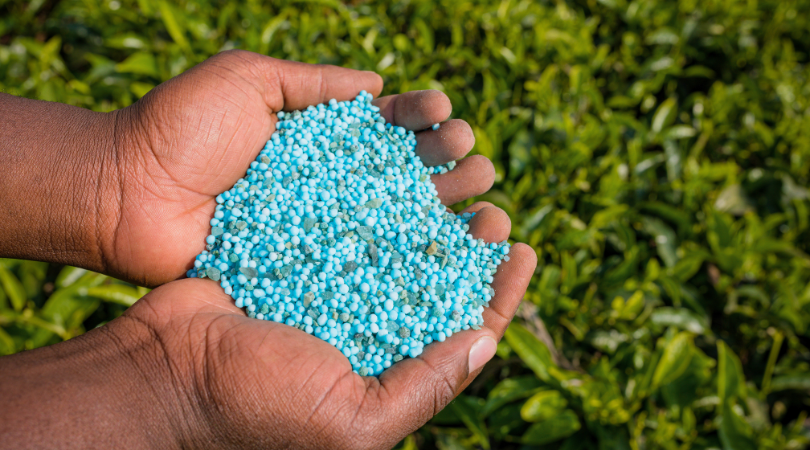A Call for More Transparency.
A major shake-up has hit the tea sector after the High Court stopped the fertilizer tender process by the Kenya Tea Development Agency (KTDA). The tender, meant to supply fertilizer to thousands of small-scale tea farmers, has raised questions over fairness, clarity and accountability in how the process was managed. Farmers and stakeholders were left concerned and confused wondering who to trust and what went wrong.
The lack of clear records and an open system has made it difficult to track the full process. Who placed bids? Who made decisions? Was everything done fairly? These are the questions that continue to echo, yet without solid answers. When systems are not transparent, it becomes easy for mistakes, favouritism or even fraud to slip in unnoticed.

This is where traceability could have made a big difference. If the entire process from bidder registration to decision-making had been tracked in real time with secure digital records, issues could have been spotted earlier. There would be a clear path showing how decisions were made and by whom and any irregularities would stand out quickly.
In big procurement exercises like this one where farmers and national food security are directly affected, traceability is not just useful, it is necessary. It builds trust, protects resources and ensures that those involved are held to the highest standards. With traceability, the tea industry can grow stronger roots and fairer systems.
